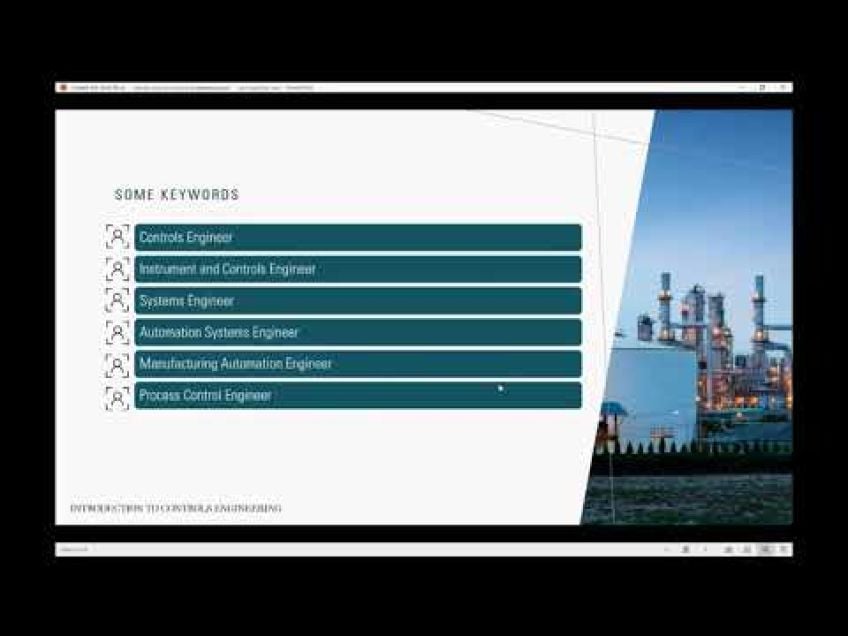- Career Path
- Hardware Engineer
Hardware Engineer
Career Path: Hardware Engineer
A Hardware Engineer is a professional who designs, develops, and tests computer hardware components such as processors, circuit boards, memory devices, and networking devices. As part of the 'Career Paths' category, this role offers numerous opportunities for individuals interested in the field of hardware engineering.
As a Hardware Engineer, individuals have the opportunity to work on cutting-edge technologies, contribute to the development of innovative products, and play a crucial role in the advancement of computer hardware. The career path offers opportunities in various industries including technology, consumer electronics, automotive, aerospace, and more.
To pursue a career as a Hardware Engineer, candidates should possess strong analytical and problem-solving skills, along with a solid understanding of electrical engineering principles, digital design, and computer architecture. Proficiency in hardware description languages such as VHDL or Verilog, as well as experience with computer-aided design (CAD) tools, are also valuable assets in this field.
In addition to technical skills, effective communication, teamwork, and project management skills are essential for Hardware Engineers to collaborate with cross-functional teams and successfully deliver hardware solutions. Continuous learning and staying updated with the latest advancements in hardware technology are crucial for individuals pursuing this career path.
By honing their skills and gaining relevant experience, individuals can build a foundation for a successful career as a Hardware Engineer and contribute to the development of next-generation hardware systems and products.


